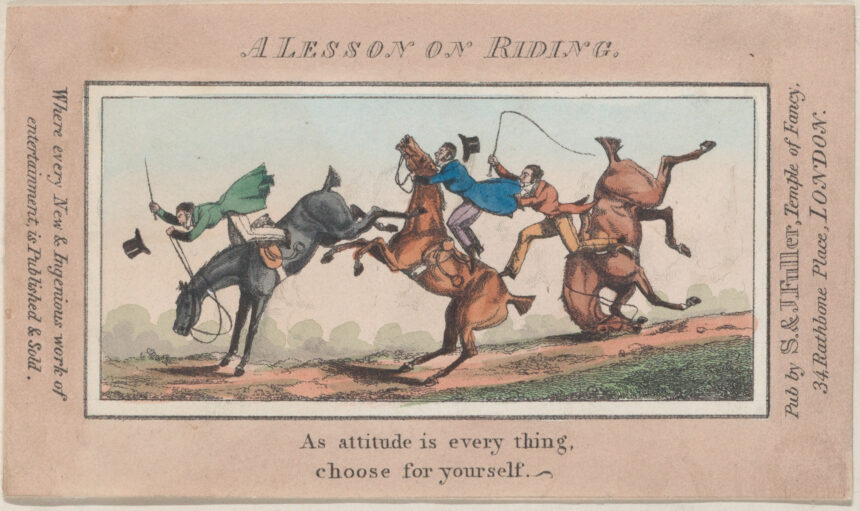Wall Street indicators and political betting markets seem to be at odds as former President Donald Trump, Vice President Kamala Harris and other candidates prepare for a highly polarized presidential election.
The stock market is indicating a different outcome as investors bet on Trump’s comeback.
The S&P 500 has risen over 10% since August. This is historically a bullish sign for the incumbent candidate.
Even Wall Street analysts are cautious when interpreting the market’s direction, given the complex political dynamics and divided public opinions.
The S&P 500 and presidential elections
Since 1928, the S&P 500 has accurately forecasted the outcome of 20 out of the last 24 presidential elections, tracking the performance and the largest public companies in America.
In general, a rising Index in the months before Election Day indicates confidence in the incumbent’s victory. A decline indicates anticipation of change.
The upward trajectory of the market could indicate a Democratic victory, especially since Kamala Harris replaced President Joe Biden on the ticket over the summer.
Adam Turnquist is chief technical strategist at LPL Financial.
The market is more comfortable when the incumbent party has a greater chance of winning.
He believes that the S&P 500’s rise reflects the stability of the policies under the current government, which the market prefers to an unpredictable change in governance.
Market experts question the predictive power of the S&P 500
Some financial experts are cautious when using the stock index as a definitive election predictor. They point out that the index is increasingly disconnected with the broader economy.
Monica Guerra, Morgan Stanley Wealth Management’s head of US Policy, told POLITICO that the S&P 500 was not a “crystal-ball.”
According to her, the Federal Reserve’s efforts to control inflation and gains from tech giants have driven much of the market growth rather than political events.
Reena Aggarwal, a finance professor at Georgetown University, also questions the index’s relevance in today’s world.
She said, “The market is disconnected from the broader economy.”
Stanley Druckenmiller, a billionaire investor, has expressed confidence in Trump’s chances. He cited trends in bank stocks and cryptocurrency, as well as the social media venture Trump Media & Technology Group. All of these, he believes, would benefit from a Trump win.
Trump Media’s stock, for example, has soared over 200% in recent months as speculation about Trump’s possible return intensifies.
Divided markets reflect divided voters
Wall Street’s mixed messages could be a reflection of a polarized political environment.
Indicators are not aligned uniformly for the first time since recent elections.
Morgan Stanley’s report suggests that a basket containing investments that benefitted from a Republican victory has outperformed its Democratic counterpart this year by 10%, thanks to growth across sectors such as energy and finance.
Guerra views this split as an indication of the true unpredictability of the election.
This is a real toss-up. “You can see this dynamic play out in both the markets and the economic,” she said.
According to Grimmer, the divergent economic perspectives of voters could also be responsible for the conflicting indicators.
Grimmer warns, as the election approaches: “The historical correlations of the S&P 500 may not hold.”
History can only be used so many times. We’ll have to wait to find out.
It’s a toss of the coin.
Divided economy heading into Election Day
In this election cycle, the disparity in stock market movements compared to public sentiment makes it difficult to rely solely on traditional financial indicators.
In the past, the S&P 500 was more accurate in predicting the economy’s outlook, because it was composed of large energy and industrial companies, which represented the broader economy better.
Analysts like Aggarwal think that the S&P index may not accurately reflect voters’ economic concerns.
Turnquist, from LPL Financial, still stands by this historical trend. He says that even though Wall Street isn’t the final predictor of political stability, investors’ actions in the lead-up to Election Day provide a window on the market’s perception.
The final decision may depend on more than just the market.
This post Is Wall Street Betting on a Harris Victory despite Trump’s surge? This post may be updated as new information becomes available
This site is for entertainment only. Click here to read more






